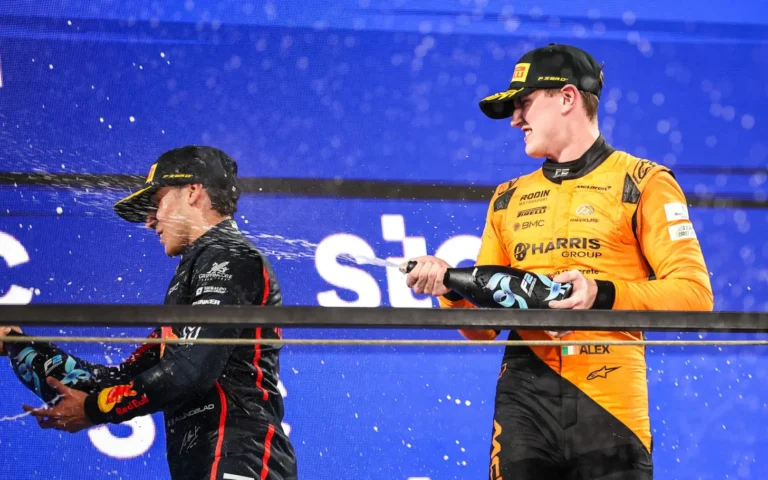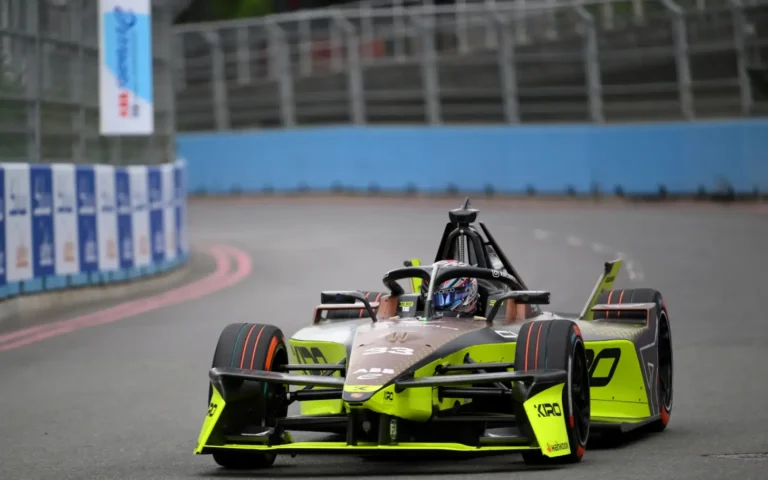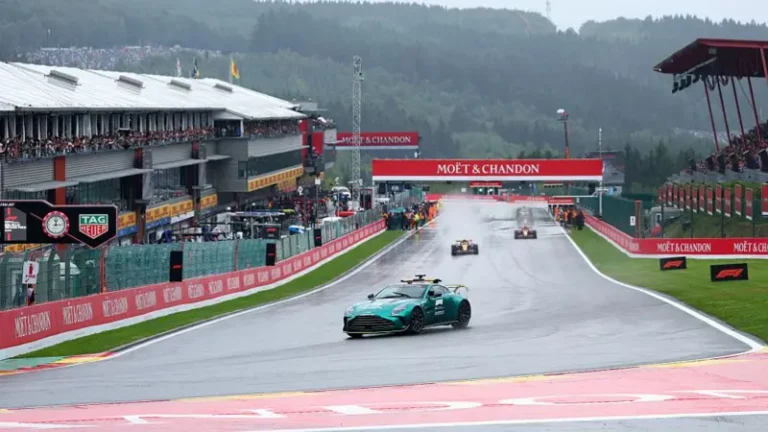
Red Bull Racing, once the uncontested titan of Formula 1, is now navigating a precarious downturn that threatens to dismantle its longstanding supremacy. For years, the team seemed invincible, routinely dominating the grid and amassing victories with surgical precision. However, murmurs of decline have intensified into serious concerns as analysts warn that Red Bull could descend to the bottom tier of performance if the current trajectory continues unchecked.
This regression has not manifested overnight but has emerged as a slow, corrosive drift from peak competitiveness. Early signs surfaced in the 2024 season, particularly through underwhelming qualifying sessions where the team failed to secure leading grid positions. Although race results have not plummeted entirely, subtle yet persistent flaws suggest that systemic deficiencies may be undermining Red Bull’s foundational strengths, casting doubt on their long-term competitiveness.
A primary area of concern lies in the car’s compromised handling dynamics. Reports from within the team, corroborated by technical evaluations, indicate a troubling imbalance in the vehicle’s responsiveness, especially through corners—areas where Red Bull once excelled. This decline in maneuverability has disrupted race strategies and impaired driver confidence, compelling tactical sacrifices and impeding consistent podium finishes.
Compounding their mechanical woes is Red Bull’s apparent struggle to keep pace with rapidly evolving regulatory frameworks imposed by the FIA. With new mandates aimed at financial parity, technological innovation, and competitive equity, the team seems caught in a transitional turbulence. The burden of constant adaptation—coupled with mounting developmental demands—may have strained Red Bull’s engineering capacity and delayed critical interventions.
Internally, fissures are also appearing. Reports suggest ideological divisions among senior personnel regarding the direction of car development, fostering discord and inefficiency. Meanwhile, although Max Verstappen continues to deliver elite performances, the team’s second driver lags behind—highlighting an imbalance that underscores broader systemic weaknesses. Should these cumulative challenges remain unresolved, Red Bull risks a spectacular fall from grace, potentially altering the competitive landscape of Formula 1 irreversibly.



